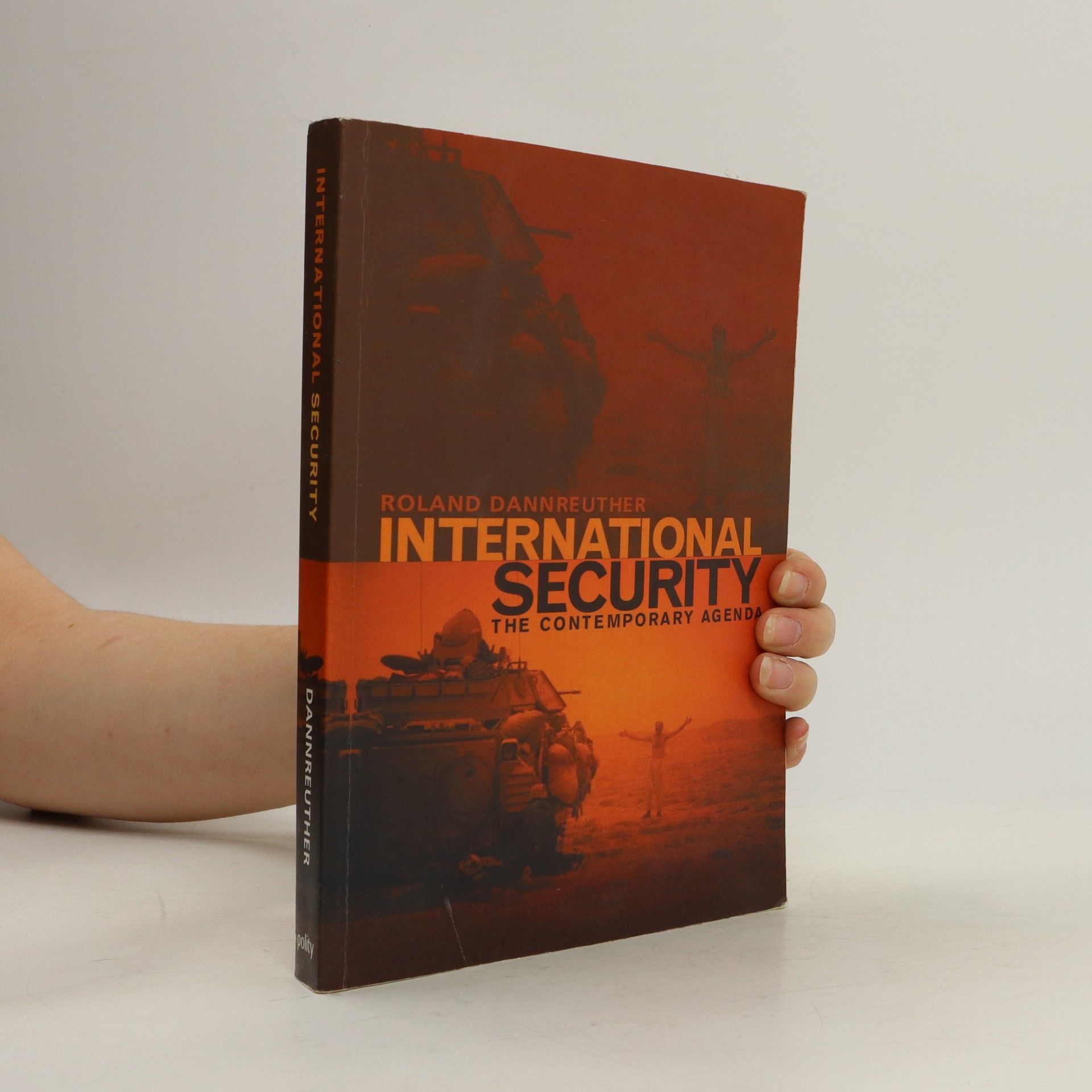The end of the Cold War presented a major challenge to Western Europe and to the European Union. It led not only to a whole new set of countries seeking to join the EU, but also to a strong demand for a more intensive EU engagement in the broader regional context. This book assesses whether the EU has successfully faced up to this challenge and has adapted its policies towards its immediate neighbourhood in a coherent and strategic manner.This volume examines EU policy from all its major regional dimensions including assessments * the enlargement process to East Central Europe* the increasing engagement of the EU in conflict resolution, most notably in the Balkans, but also in the Arab-Israeli conflict* policies towards the countries of the former Soviet Union, such as Russia, Ukraine and the Caucasus* the complexities of EU policy towards Turkey and the Middle East* the transatlantic dimensions of the EU's neighbourhood policies.
Roland Dannreuther Books


International Security : The Contemporary Agenda
- 304 pages
- 11 hours of reading
International Security: The Contemporary Agenda is a cutting-edge introduction to key security challenges and developments in the post-Cold War world. Drawing on a wide range of contemporary examples, it is an essential guide for students seeking to understand the theoretical and empirical debates over the fast-changing nature of international security today. The book is clearly organized into four main sections. Section 1 provides an analytical framework for the book, identifying the most significant post-Cold War shifts in international security and recent theoretical developments in security studies. Section 2 looks at environmental security, including the threat of resource-based conflict, most notably over oil and water, and the perceived security challenges of international migration. Section 3 analyses the root causes of the so-called new wars, and the broader insecurity found in many regions of the South. Dilemmas and problems of intervention, including the controversial debate over humanitarian intervention, are examined in detail. Section 4 discusses new security challenges posed by international terrorism and the proliferation of weapons of mass destruction. It explores the strategies and policies adopted by the United States, particularly in the aftermath of 9/11. This book will be valuable reading for students of international relations, international security and strategic studies.